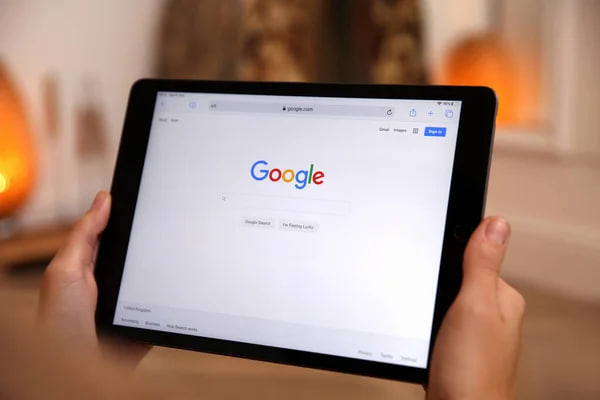Google has recently updated its information regarding Chrome’s “incognito mode,” following a $5 billion class-action privacy lawsuit.
Internet users have accused Google of tracking their activities even while using this supposedly private browsing mode.
The new details are now visible to users on the latest Canary build of Google Chrome, version 122.0.6251.0, specifically when opening a new incognito tab or window.

The revised message emphasizes that while incognito mode prevents others using the same device from seeing the user’s activity, it doesn’t alter the data collection practices of websites visited, including Google.
This includes the collection of data through downloads, bookmarks, and reading list items, which will still be saved.
The updated message clarifies:
“Others who use this device won’t see your activity, so you can browse more privately,” adding, “This won’t change how data is collected by websites you visit and the services they use, including Google. Downloads, bookmarks, and reading list items will be saved.”
Clarifying Data Collection in Incognito Mode
Google’s updated communication now explicitly states that Chrome in incognito mode does not save the user’s browsing history, cookies, site data, or information entered in online forms.
However, it highlights that the user’s browsing activity may still be visible to websites, employers or schools, and internet service providers. Previously, the message in incognito mode read:
“Now you can browse privately, and other people who use this device won’t see your activity. However, downloads, bookmarks, and reading list items will be saved.”
Read More: 12 Essential Tips for Launching Your Own Business
Background of the Lawsuit
The lawsuit, filed in 2020, alleged that Google was tracking user activity and history through various applications and website plugins, including Google Analytics and Google Ad Manager, even when users were in incognito or private browsing modes.

Plaintiffs accused Google of violating California’s privacy laws and federal wire-tapping regulations, asserting that Google used this data to construct user profiles for more targeted advertising.
Also Read: 15 Tweets About Boomers That Millennials Will Laugh At
Google’s Response and Settlement
Google’s initial attempt to dismiss the lawsuit was overruled by U.S. District Judge Yvonne Gonzalez Rogers in August of the previous year.
Judge Rogers noted that Google had represented that it would not collect information in private browsing mode, yet did so without user consent.
Despite Google’s stance that it informed users about the tracking possibilities in incognito mode, the company agreed to settle the lawsuit in December under undisclosed terms.
Google spokesperson José Castañeda, commenting on the settlement and the updated information, stated,
“As we clearly state each time you open a new incognito tab, websites might be able to collect information about your browsing activity during your session.”
He further added, “Incognito mode in Chrome will continue to give people the choice to browse the internet without their activity being saved to their browser or device.”
This development underscores the complexity of online privacy and the need for transparent communication from tech companies about their data collection practices, especially in modes perceived as private by users
Read Next: The Top 10 Gadgets You Need in Your Life
